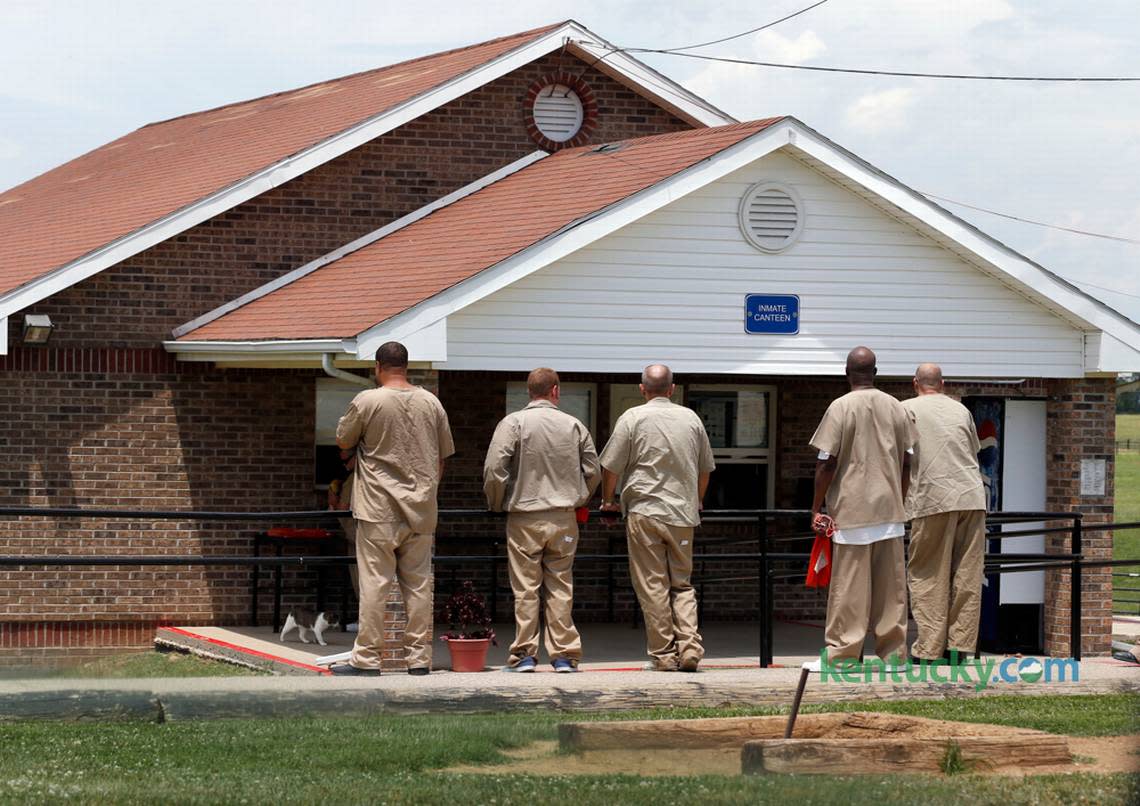How we did it: Fighting for public records to show what’s wrong inside KY prisons

The Herald-Leader has reported for the last several years on problems happening behind locked doors at the Kentucky Department of Juvenile Justice, including the abuse and neglect of youths in custody.
The newspaper wanted a feel for problems inside a sister agency, the Department of Corrections, which runs the state’s prisons and its probation and parole system. The agencies have struggled with the stress of under-staffing and a potentially dangerous inmate population that can erupt into violence if employees aren’t watchful.
On Oct. 19, 2023, senior investigative reporter John Cheves used the state’s Open Records Act to request internal affairs investigative reports submitted in the Department of Corrections since July 1, 2022. These reports are supposed to explain what corrections employees allegedly did wrong in misconduct cases so their supervisors can decide on an appropriate punishment.
Sign up for our Bluegrass Politics Newsletter
A must-read newsletter for political junkies across the Bluegrass State with reporting and analysis from the Lexington Herald-Leader. Never miss a story! Sign up for our Bluegrass Politics newsletter to connect with our reporting team and get behind-the-scenes insights, plus previews of the biggest stories.
Unfortunately, Gov. Andy Beshear’s administration wrongly delayed release of the reports by seeking multiple extensions of time, to January of this year, according to an opinion the Herald-Leader won after appealing to the attorney general’s office.
Decisions from the attorney general carry the weight of law on open records matters.
Shortly afterward, on Jan. 4, the Department of Corrections produced 831 pages to the newspaper.
After reading each report, we created a database of nearly 100 separate incidents of employee misconduct that investigators said they confirmed with fact-finding and that were serious enough to interest us.
To make it easier to analyze, we divided the incidents into categories: alcohol or drug abuse, dereliction of duty, racial or sexual harassment, misconduct (a catch-all category that includes various forms of employee misbehavior), inappropriate relationships, sexual impropriety, smuggling and use of force.
It quickly became clear the two most common problems were closely related: Inappropriate relationships between employees and inmates, ranging from flirty behavior to actual sex, and employees smuggling contraband into prison for inmates, often drugs in exchange for money. There were 30 examples of the former and 14 of the latter.
Both problems erode the “firm, fair and consistent” professional boundary that’s supposed to exist between correctional officers and inmates.
The article underscores the Herald-Leader’s commitment to informing, and in some cases, protecting, taxpayers who deserve to know how their state government works, said Richard Green, the Herald-Leader’s executive editor.
“It’s clear both the Department of Corrections and the state’s Department of Juvenile Justice have troubling issues, and John will continue to report on what’s unfolding behind the walls of prisons and the juvenile detention centers across Kentucky,” he said.
The Herald-Leader, Green added, is making a yearlong commitment to examine the inner workings of Kentucky’s government, from its legislature to the executive departments and agencies under Gov. Beshear’s oversight.
“Everyone in the commonwealth deserves a government that works for them, no matter who they are, where the live, or their economic status. Our newsroom is committed to reporting on how Kentucky state government really functions, and John’s continued coverage of these two departments is part of that pledge to our readers.”

